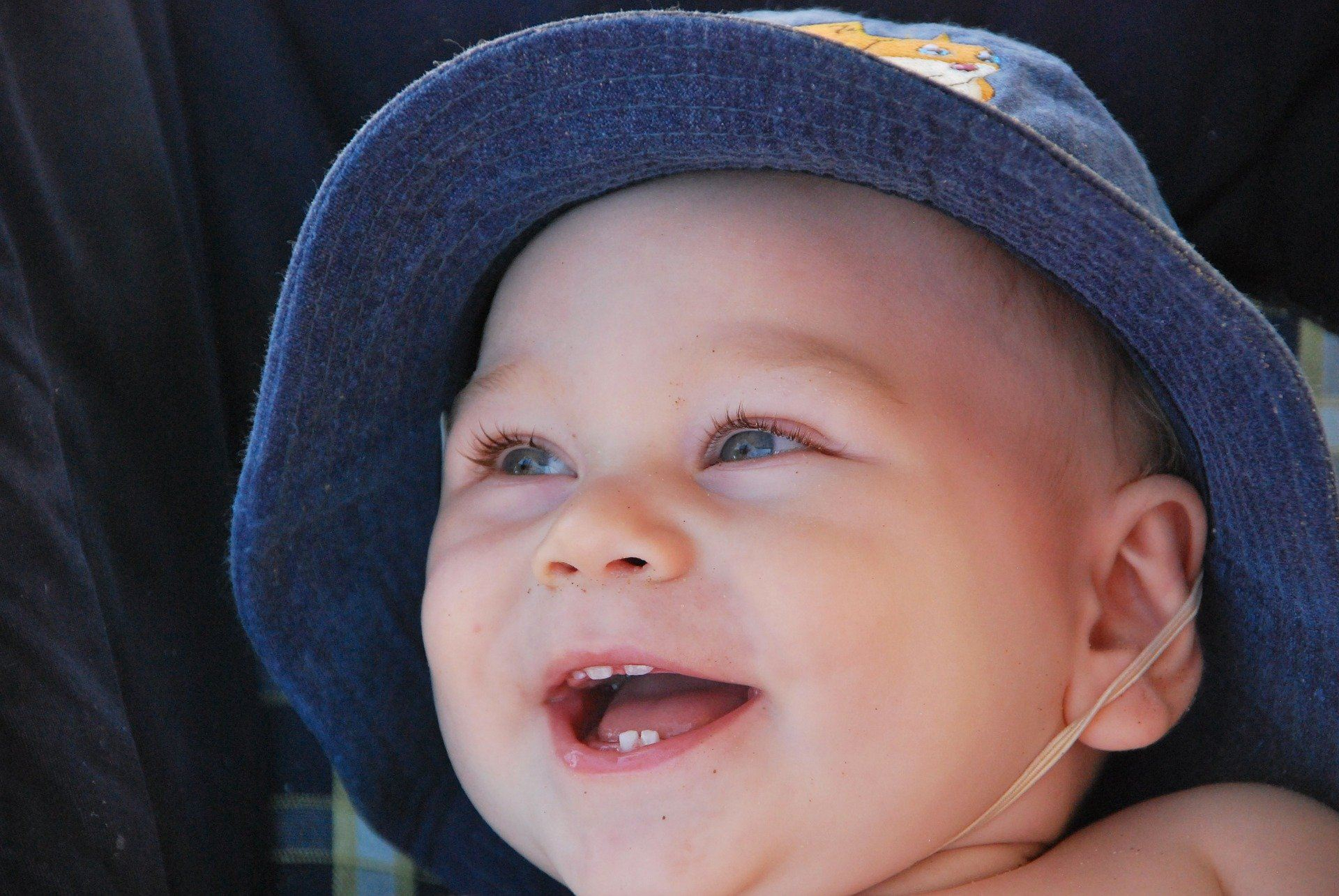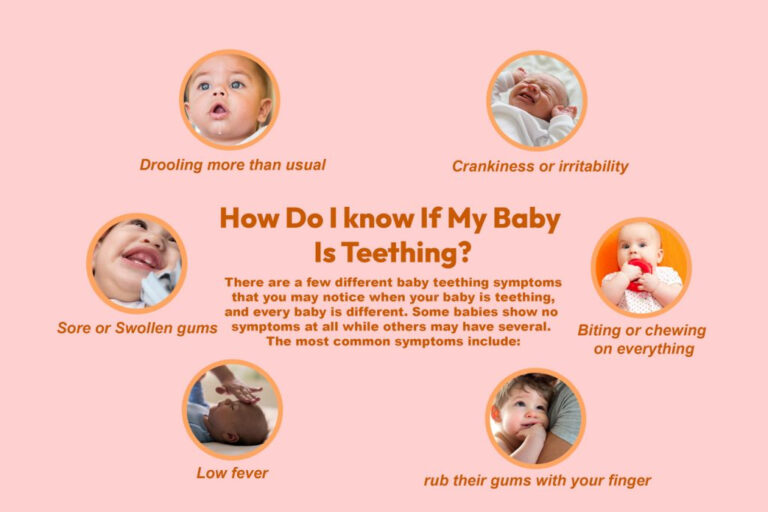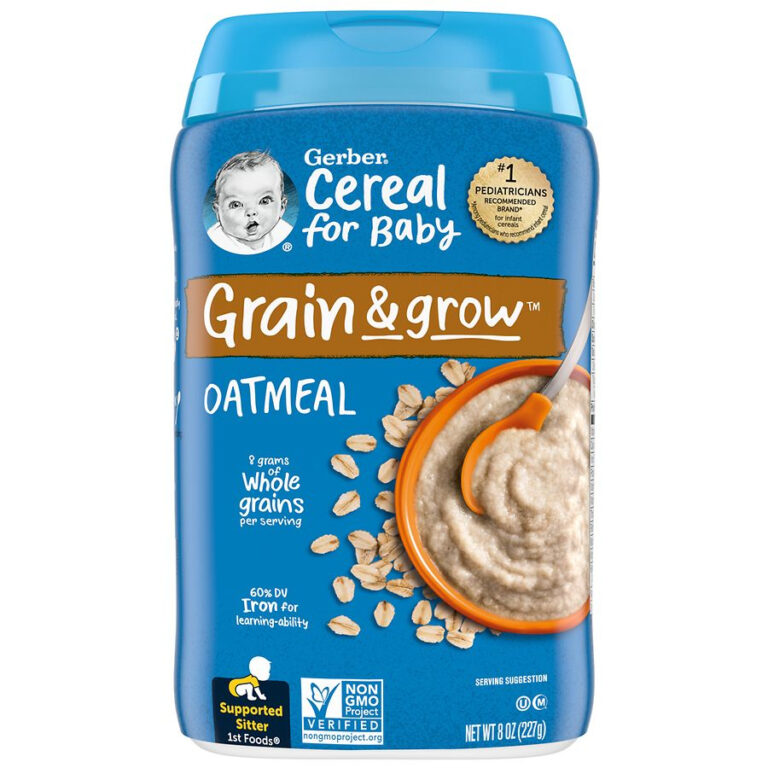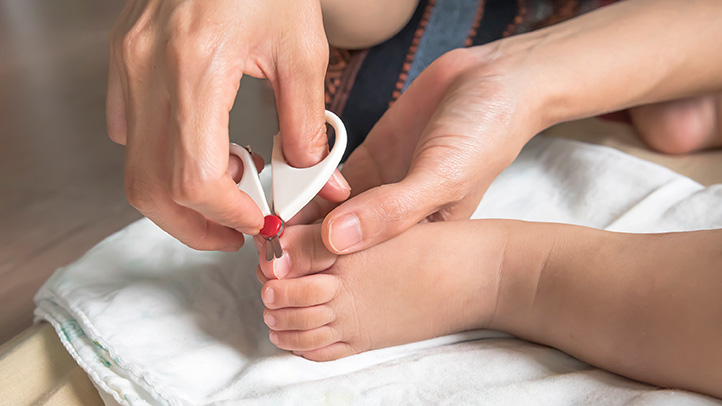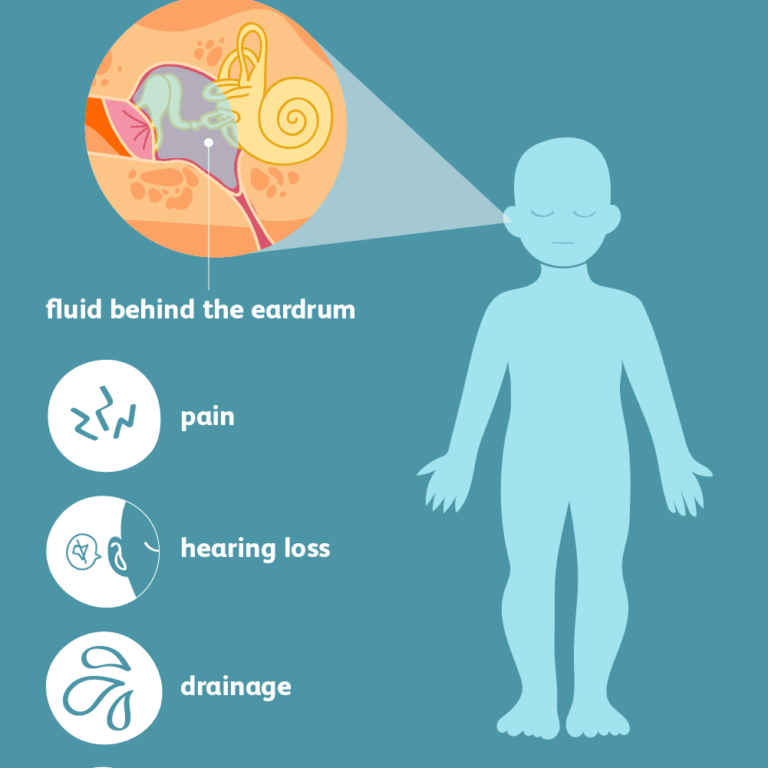When Does Baby Get First Tooth: A Comprehensive Guide
As a parent, one of the most exciting milestones in your baby’s development is the appearance of their first tooth. It marks the beginning of their journey into solid foods and a whole new world of exploration. But when exactly does a baby get their first tooth? In this article, we will delve into the details of this important milestone and provide you with all the information you need to know.
Knowledge
Typically, babies start teething around the age of 6 months. However, this can vary greatly from one child to another. Some babies may start teething as early as 3 months, while others may not get their first tooth until they are over a year old. It is essential to remember that every baby is different, and there is a wide range of what is considered normal when it comes to teething.
There are several signs that may indicate your baby is teething. These can include excessive drooling, irritability, swollen gums, and a tendency to chew on objects. Some babies may also develop a slight fever or experience changes in their sleeping and eating patterns. It is crucial to keep an eye out for these signs and provide your baby with the necessary comfort and care during this time.
The teething process typically follows a specific order, with the bottom two front teeth (lower central incisors) usually appearing first. This is followed by the top two front teeth (upper central incisors), then the lateral incisors, first molars, canines, and finally the second molars. By the age of 3, most children will have a full set of 20 primary teeth.
Teething can be a challenging time for both babies and parents. To help alleviate your baby’s discomfort, you can try using teething rings, chilled washcloths, or gentle massages on their gums. Over-the-counter teething gels or pain relievers may also provide some relief, but it is essential to consult with your pediatrician before using any medication.
Conclusion
In conclusion, the timing of when a baby gets their first tooth can vary significantly. While most babies start teething around 6 months of age, some may begin earlier or later. It is essential to be patient and provide your baby with the necessary support during this milestone. Remember that every child is unique, and their teething experience will be as well.
Parents and caregivers who are prepared and informed about the teething process can help make this phase more manageable for both themselves and their little ones. By understanding the signs of teething, the typical teething timeline, and how to manage teething discomfort, you can navigate this exciting milestone with confidence and ease.
Ultimately, the appearance of a baby’s first tooth is a significant event that marks the beginning of their oral development. By staying informed and proactive, you can ensure that your baby’s teething experience is as smooth and comfortable as possible. Embrace this milestone with patience, love, and care, knowing that it is a natural and essential part of your baby’s growth.
